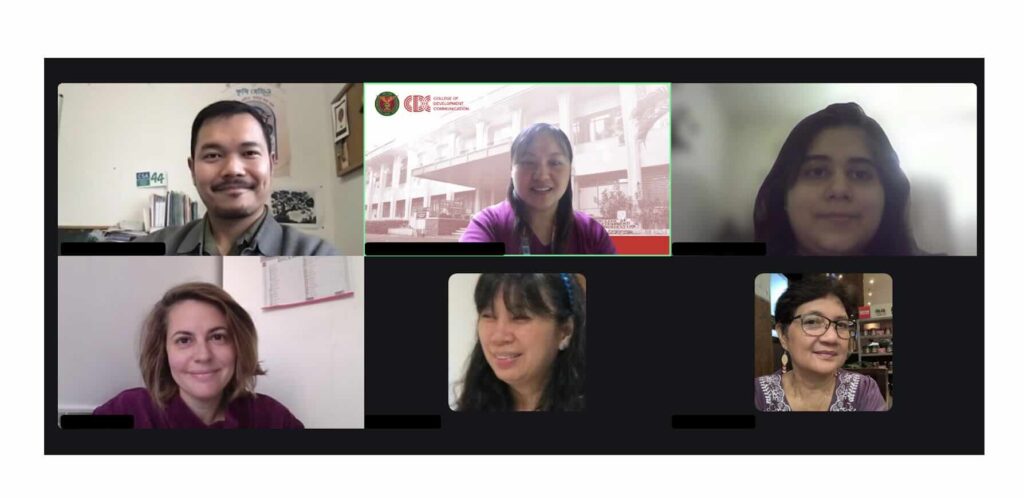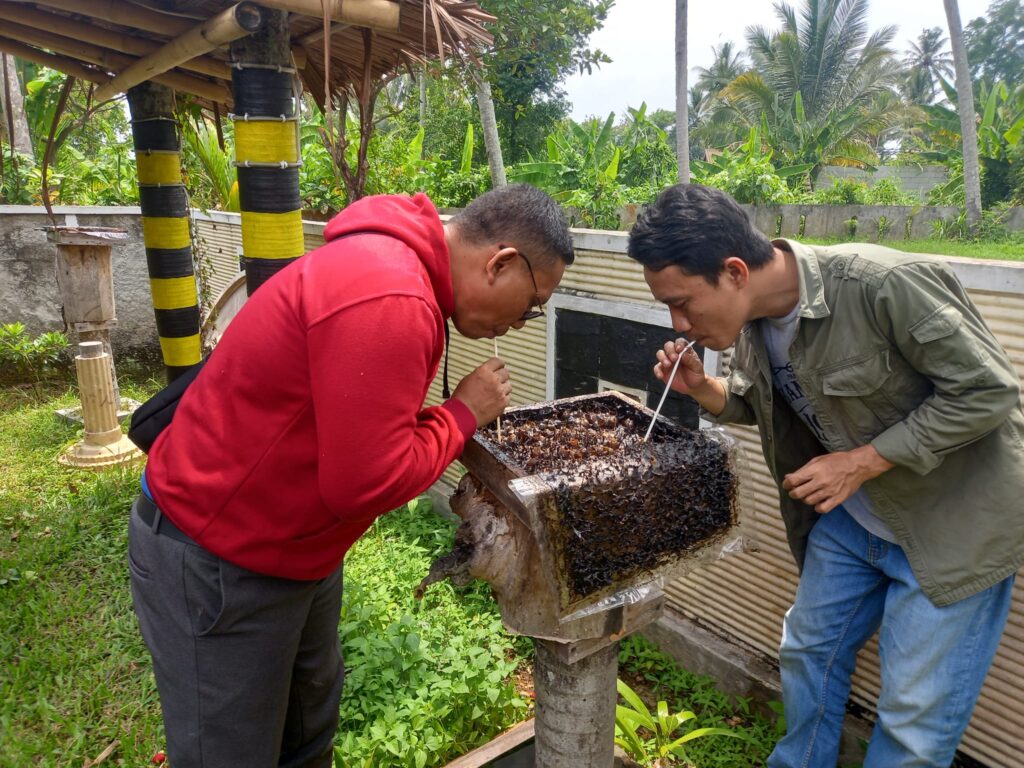Integrating traditional knowledge to address knowledge gaps in Asia-Pacific
The UN Climate Change, in partnership with UNEP and the International Centre for Integrated Mountain Development (ICIMOD), convened different stakeholders to discuss progress, share case studies and highlight concrete actions taken to bridge knowledge gaps in the Hindu Kush Himalayas (HKH) and Pacific Small Islands Developing States (SIDS) subregions during the 2023 Asia-Pacific Climate Week held in Johor Bahru, Malaysia last November 13-17, 2023.
In Vanuatu, the Secretariat of the Pacific Regional Environment Programme (SPREP) and the Australian Bureau of Meteorology (BOM) worked with local communities to integrate traditional knowledge into climate information services, developing the Vanuatu Climate Watch App, which combines Indigenous knowledge with meteorological data to enhance the effectiveness of early warning systems.
ICIMOD’s The Green Resilient Agricultural Productive Ecosystems (GRAPE) project in Nepal focuses on improving climate-resilient agriculture, Indigenous crop management and water resource management. Similarly, the “Skill Up!” project empowers marginalized populations, particularly young people, through capacity building and awareness raising to respond to the fact that there is limited access to traditional knowledge on agricultural adaptation.
In Bangladesh, the Sustainable Forests and Livelihoods (SUFAL) project repackages baseline data on climate change impacts on forests and biodiversity. By involving communities in forest management and conservation, SUFAL has supported research and knowledge-building efforts, thereby contributing to policy development and the restoration of natural resources using traditional knowledge.
Read the full article here.



